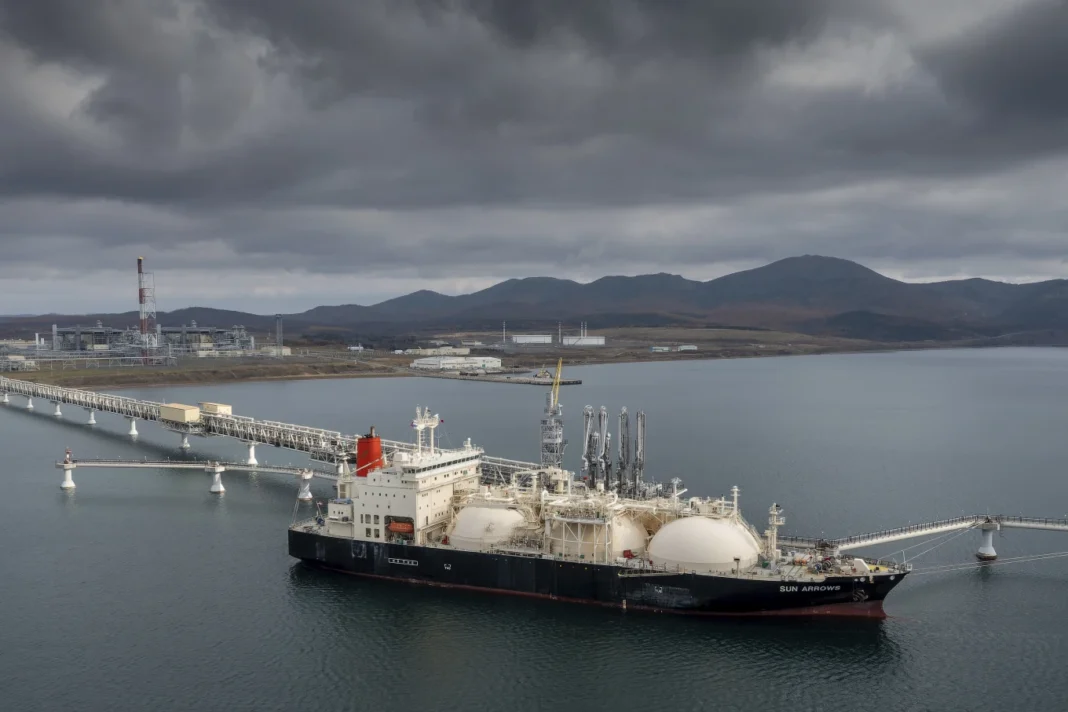Shipments of Russian liquefied natural gas (LNG) to France have more than doubled in the first half of 2024, according to new analyses of trade data, highlighting a troubling trend as Europe continues to navigate its energy policies in the wake of Russia’s invasion of Ukraine.
This increase comes despite ongoing efforts by European nations to reduce their dependency on Russian energy sources.
The surge in LNG imports is particularly notable given Europe’s broader strategy to phase out Russian fossil fuels.
While oil imports from Russia have been largely restricted under European sanctions, natural gas imports remain permitted.
This has led to a complex situation where Russian LNG, which is natural gas that has been cooled to a liquid state for easier transportation, is still being shipped to Europe.
France has emerged as a significant recipient of this LNG, with its imports more than doubling compared to the same period last year.
According to the latest data, EU countries overall imported 7% more Russian LNG in the first half of 2024 than they did during the first half of 2023.
This increase has raised concerns among critics who argue that Europe’s energy policies are failing to align with its broader geopolitical goals.
Oleh Savytskyi, a founding member of Razom We Stand, a nonprofit organization advocating for stricter sanctions on Russian fossil fuels, criticized the EU’s progress in curbing Russian energy imports.
He described the EU’s goal of eliminating Russian fossil fuels by 2027 as “appallingly off track” and argued that ongoing purchases of Russian LNG are undermining the continent’s energy transition efforts.
“Countries buying Russian LNG are sabotaging the continent’s energy transition and contributing billions to Russia’s war effort,” Savytskyi stated.
European governments face a challenging dilemma. Banning Russian gas imports entirely could lead to significant increases in energy and heating bills for consumers, while also impacting industrial users who rely heavily on natural gas.
This economic concern has played a role in the cautious approach towards imposing a complete ban on Russian gas.
The complex dynamics of energy imports underscore the difficulties Europe faces in achieving its energy security and climate goals while responding to the geopolitical consequences of Russia’s military actions.
The debate over Russian energy imports is likely to continue as Europe grapples with balancing its immediate energy needs against its long-term strategic objectives.
As Europe progresses with its energy transition, the focus remains on finding alternatives to Russian fossil fuels and reducing reliance on imports that could inadvertently support ongoing conflicts.
The sharp increase in Russian LNG shipments to France serves as a stark reminder of the challenges that lie ahead in achieving a sustainable and secure energy future for the continent.



